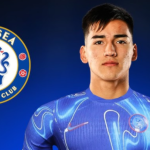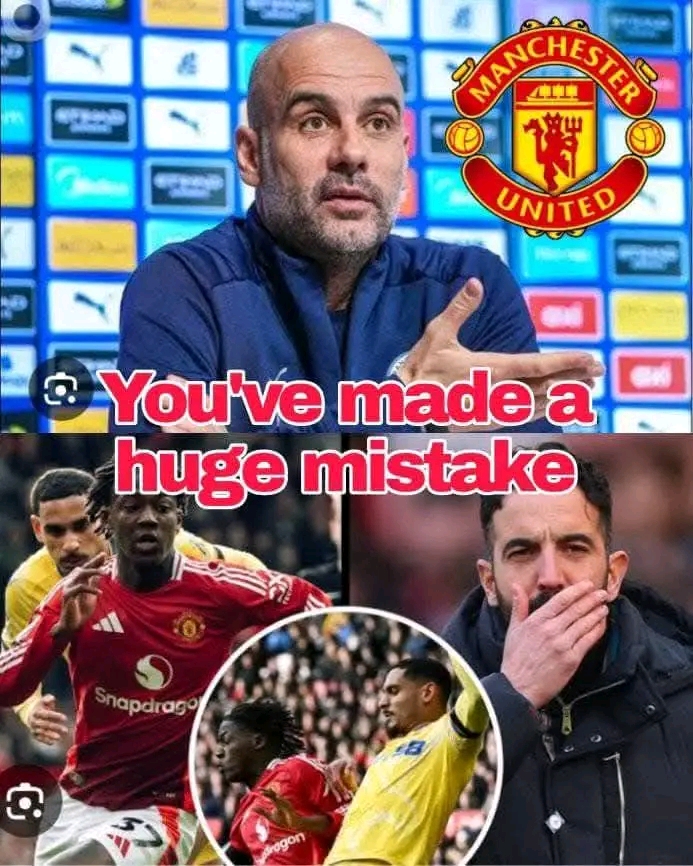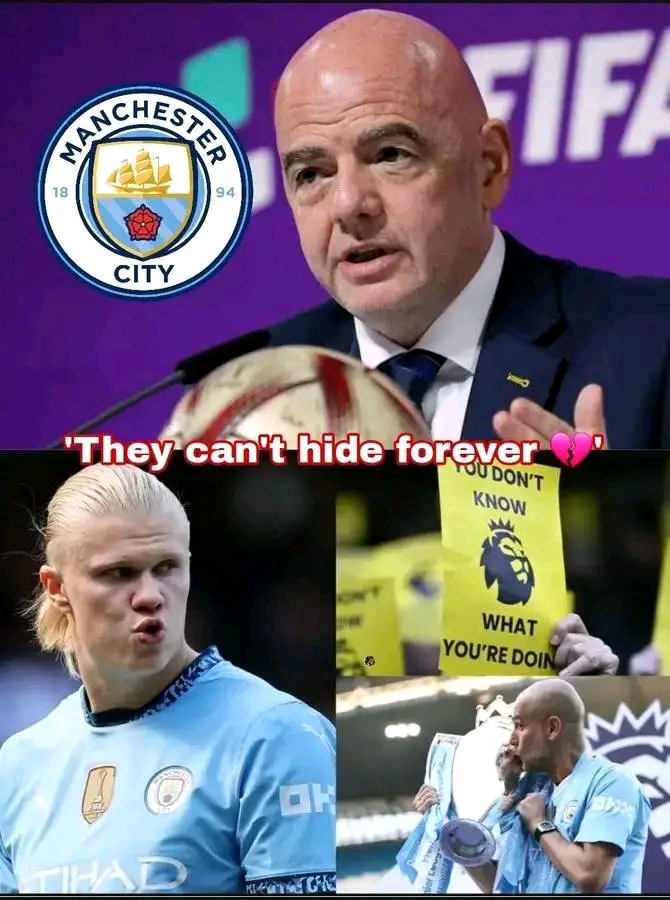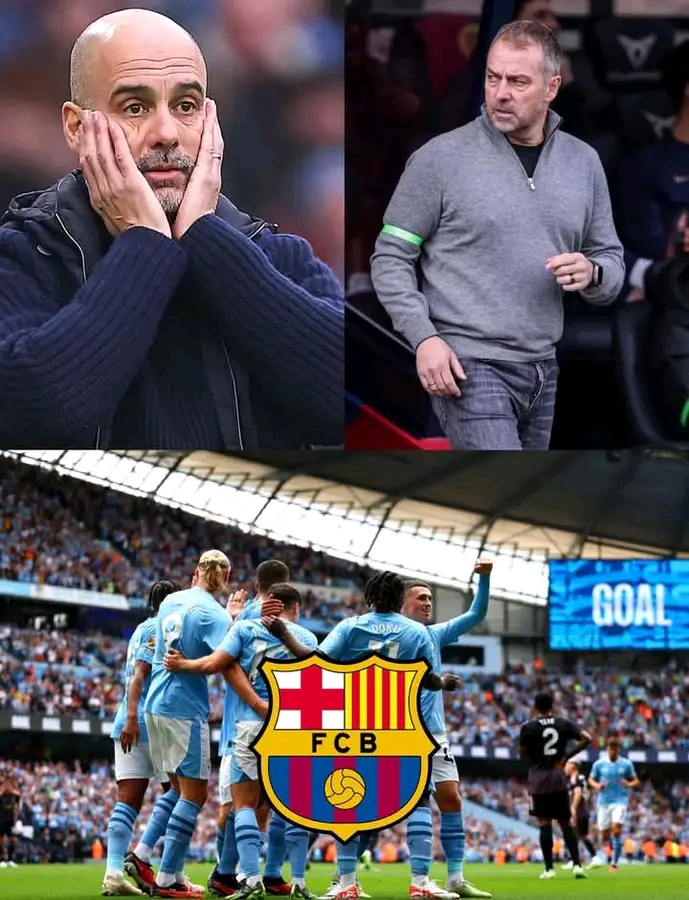The usual approach involves not panicking about charges and focusing on long-term planning. However, there is also a peculiar passivity: during Guardiola’s tenure, the team has not been aggressive in acquisitions and has bought fewer players than many other clubs, including Chelsea. This reluctance to exceed their valuation of players, combined with the manager’s preference for a smaller squad and a fixture list further complicated by the Club World Cup, might leave the team looking short-staffed with just one new signing this year.
Rodri has shouldered a significant workload in recent seasons, and City currently lack another specialist defensive midfielder. Should Rodri suffer an injury, they may regret not activating Bruno Guimarães’ £100 million release clause from Newcastle. Although City can manage without Alvarez in midfield, his transfer to Atlético Madrid means Haaland is now the sole out-and-out center-forward.
City has demonstrated their ability to win without key players, as seen when Haaland and De Bruyne were injured last season and following the exits of Riyad Mahrez and Ilkay Gundogan. Nevertheless, there might come a point when the number of absentees or the effects of aging catch up, or when another team starts to close the gap.
This may not occur immediately, but if part of Guardiola’s talent lies in creating a sense of ongoing dominance—a fifth consecutive title would reinforce this—the reality is that all eras eventually end. City’s dominance might conclude this year or next, though it could persist for several more seasons. Rivals can find solace in the fact that nothing lasts forever.










